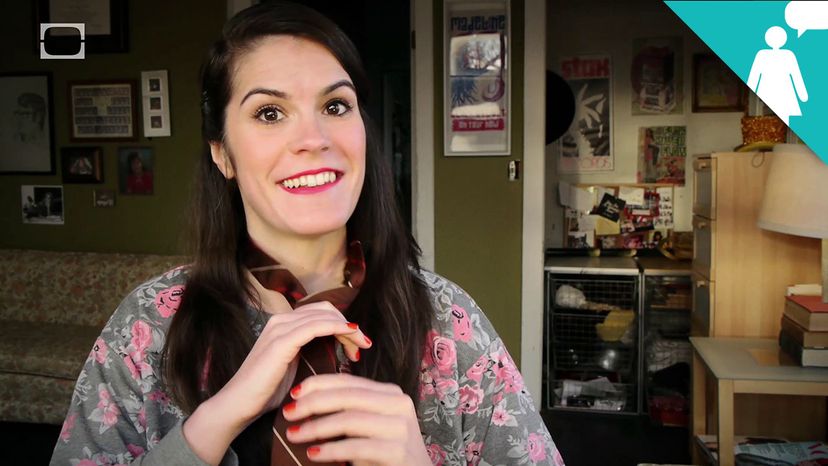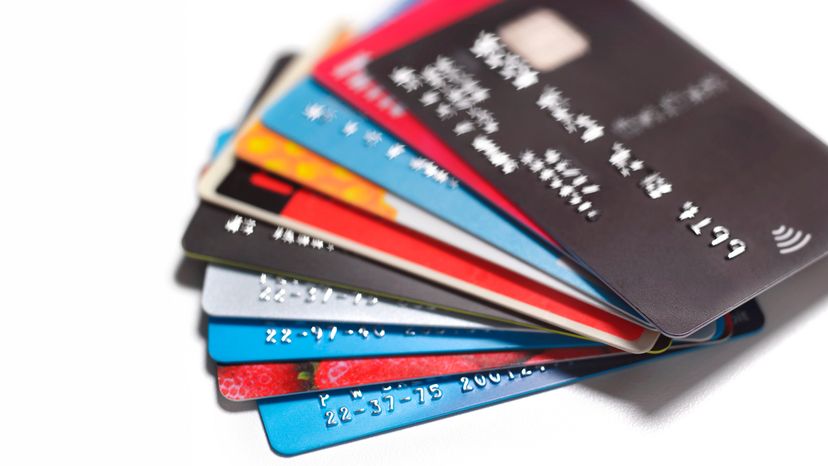
About This Quiz
"Are you ready to put your basic Spanish skills to the test? Dive into this fun quiz and see how well you can translate common Spanish phrases! From ""por favor"", "cómo te llamas", to ""te amo,"" these words have made their way into everyday English language use. It's not just polite to know an basic Spanish sentences; it's also a smart way to communicate with people from other countries.
Learning a new language can be a challenge, but with a little practice, you can expand your communication skills. Whether you dream of traveling the world or simply want to impress your friends with your linguistic abilities, mastering common Spanish phrases is a great place to start. So, grab your digital passport and get ready to test your knowledge with this interactive quiz!
Think you have what it takes to ace this quiz and show off your Spanish skills? Don't miss this opportunity to learn Spanish and put your language knowledge to the test. Challenge yourself to see how well you can learn and communicate in basic Spanish words and discover just how much you really know about these common Spanish phrases. ¡Buena suerte! (Good luck!)
"
For those learning the ropes when it comes to Spanish, this is a must. It means "I don't understand."

There are ways to say goodbye in Spanish, other than the famous "adiós." You can say "hasta luego," and even "chau" or "chao."
"Sí" is Spanish for "yes." "No," however, is the same in both English and Spanish.
Advertisement
This is the informal version of the phrase. If talking to a stranger or older person, ask "¿Cómo te llama usted?" to show respect.

"¿Por qué?" is Spanish for "why." There are neat Spanish equivalents for many English question words.
"Buenos días" means "good morning" in Spanish. This is a common greeting in the early hours.
Advertisement
This common greeting is used after nightfall in many Spanish speaking countries. Unlike in English, good night does not necessarily mean goodbye in Spanish.

This easy Spanish phrase is a great way to be cute and romantic at the same time. It's a little lighter than "Te amo," which means "I love you."

This phrase makes it easy to find out if a restaurant or shop will accept credit cards. This information can be vital for travelers.
Advertisement

"Hola, me llamo..." is Spanish for "Hello, my name is..." For example: "Hola, me llamo Anna."

Spanish is one of the world's romance languages. "Te amo" and "Te quiero" are two romantic ways to express love in Spanish.

"Lo siento" is Spanish for "I'm sorry." When you're ambling around a Spanish-speaking country without knowing much Spanish, this one can come in handy.
Advertisement
"Quiero" is the conjugated form of the verb "querer," which means "to want." This phrase can come in handy at restaurants and bars.
Congratulate Spanish speakers with this phrase. It makes well wishes roll right off the tongue!
This phrase is important for beginner Spanish speakers who travel. Finding others who can understand English can be vital.
Advertisement
"Buenas tardes" is Spanish for "good afternoon." Night owls who get up late may never hear a greeting meant for an earlier time than this.
This is a far milder apology than "lo siento." Both are important for speaking politely.
This is the formal way to ask strangers, elders and those in positions of authority how they are. The informal way, which is used with loved ones and friends, is "¿cómo estás?"
Advertisement
One of the most important questions to know how to ask in any language is "Where is the bathroom?" "¿Dónde está el baño?" gets the job done in Spanish.
For travelers with a bad sense of direction, this is another must. Fill in the blank with a destination.

This is an important phrase to keep in mind, especially for avid travelers. Knowing how to ask for help can get people out of sticky situations.
Advertisement
This phrase can help to vastly expand the vocabulary of any beginning Spanish speaker. Learning new words is the key to mastering any language.
"¡Salud!' can be used to mean "bless you" after someone has sneezed. It also is used as a toast, in place of "cheers!" in many Spanish-speaking countries.
"Happy birthday" in Spanish can be quite a mouthful for some English speakers. It is important to pronounce the tilde, or the little squiggle on top of the accented ñ, which adds a y sound after the n.
Advertisement
This easy phrase lets people ask how others are doing in a snap. It's a casual hello, meant for friends.
All travelers find out just how much they don't know as they travel. This can be an important phrase.
This Spanish phrase is a must know for shopaholics. "¿Cuánto cuesta?" means "How much does it cost?"
Advertisement
There is a reason that "Navidad" sounds like "nativity." This phrase is the perfect way to wish any Spanish speaker a very merry Christmas.
Travelers with bad internal compasses find themselves using this phrase a lot in Spanish-speaking countries. It means "I'm lost."
When you ask for directions, if someone replies "derecho," you are on the right track. Whatever you are looking for is straight ahead.
Advertisement
"De nada" is used to mean "You're welcome." It literally means that there is nothing to thank the other person for.
"¿Qué hora es?" is the way to ask for the time in Spanish. Have this phrase on hand, and being too early or late is impossible - if you also understand numbers in Spanish, of course!
When you're asking for directions, this phrase means your destination can be found at the corner. Pay attention to the street names given.
Advertisement
"Por favor" is Spanish for "please." Regardless of where a person happens to be in the world, politeness is always important!